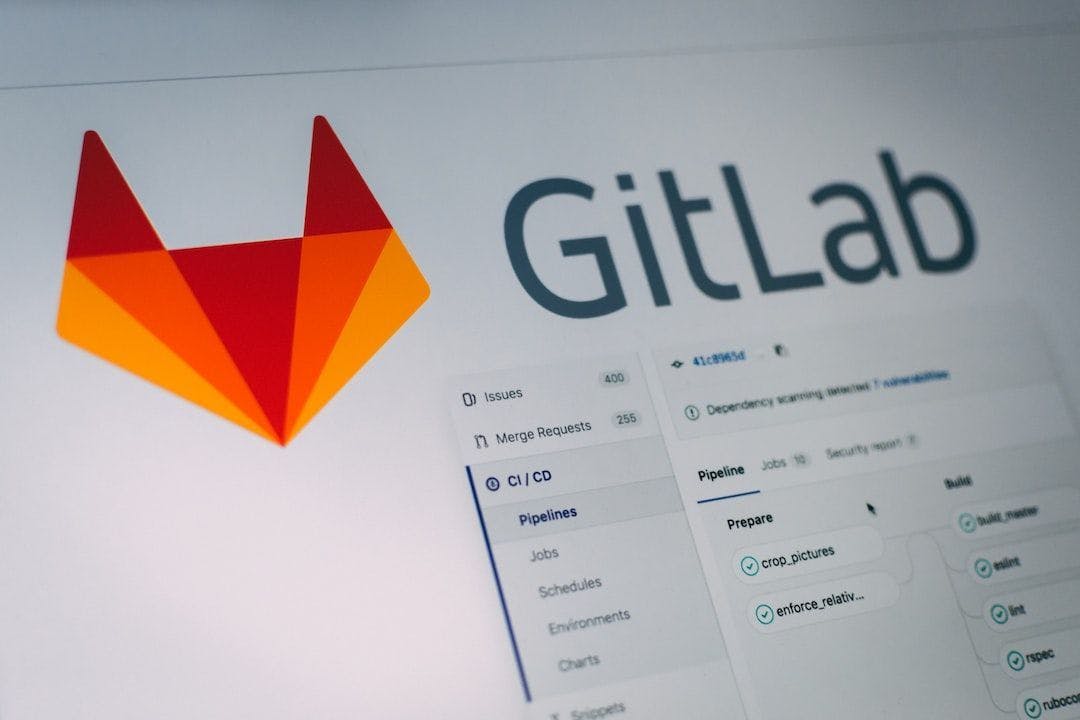648 reads
Building Remote Teams: Lessons From The Gitlab Remote Playbook
by
September 26th, 2022
Audio Presented by
Founder at Adadot.com. The world’s first fitness tracker for work, helping developers improve the way they work and feel
Story's Credibility

About Author
Founder at Adadot.com. The world’s first fitness tracker for work, helping developers improve the way they work and feel
